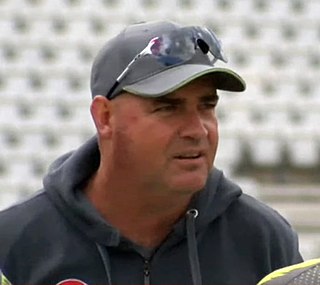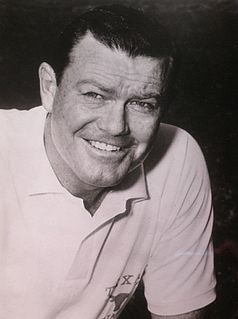A Quote by Nick Saban
Related Quotes
I think that the thing that holds so many of us back is our fear that we might fail, and I think we lose an incredible amount of talent and energy and enthusiasm that way. So I think, since I'm kind of a shining example of losing, that it's important for me to show that it's OK to lose, that I'm still so happy that I entered the fight, that I fought for something that mattered to me and that I gave voice to it and I made it part of the conversation. I want young women to know that it is OK to fail - it's not OK to stay home. It's not OK to not try.





































